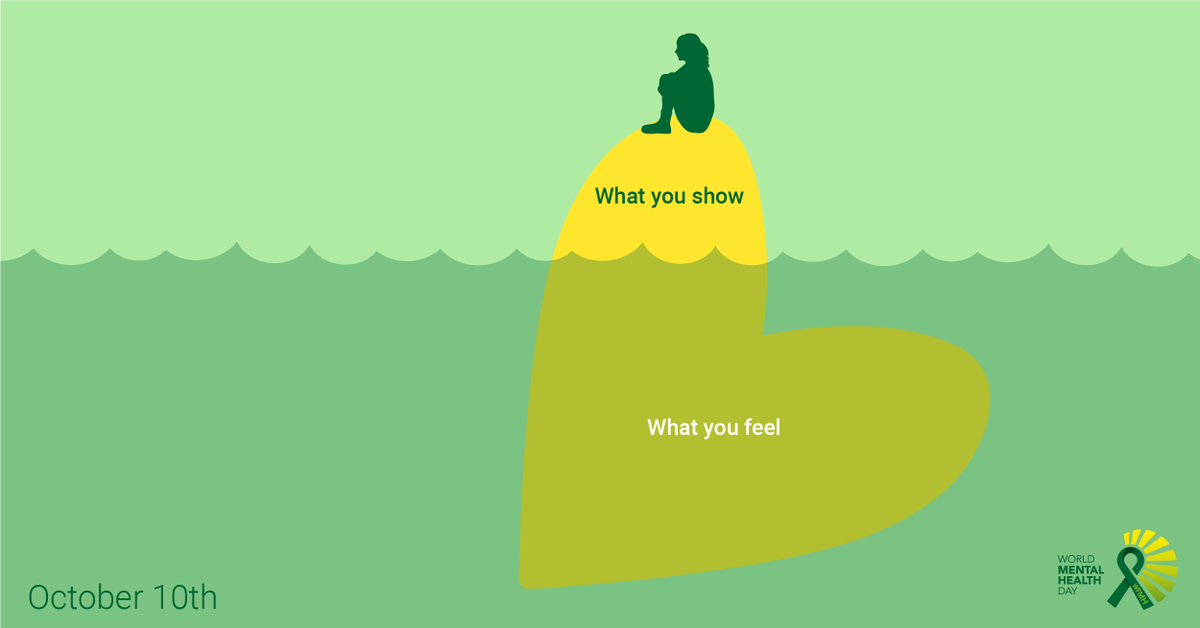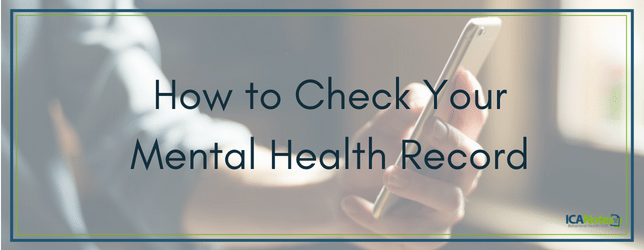7% understood about International Suicide Avoidance Day (18). Evidence recommends that aspects that affect preventing or delaying treatment include lack of knowledge about aspects of mental disease and discrimination (19). Numerous look for to find out about mental disorder in the mass media, including films and social media networks. What they see, of course, forms the way they think of both mental disorder in basic and specific conditions.
Because psychotic breaks, suicide, and aggravating situations can be shown in distorted or even funny methods, the intensity of emergency situations including mental health problem might not be acknowledged. Without appropriate info from member of the family, even the patients themselves might have trouble acknowledging a worsening of their condition, and when they do, they may have trouble choosing where to look for aid.
However, studies have shown that this fear is unproven, and conversations about suicidal tendencies can even reduce signs (20, 21). The recognition that self-destructive habits is serious and that treatment looking for often needs assistance makes it easier for family members and other caregivers to bring in patients for first aid before a casualty can occur.
Public research has actually shown that consuming conditions and alcohol and drug abuse are typically viewed as triggered and maintained by the client's own (2224). The belief that substance abuse is because of one's own choices and attitudes can affect the worth and adequacy of public alcohol and drug services and treatments (24).

Such views are seldom comprehended as illness, such as cancer or cardiovascular disease (23). Emergency situation situations, such as severe dependence, withdrawal syndrome, delirium, and induced psychosis might stop working to be properly attended to due to stigma. In addition, the understanding that clients will be dealt with adversely can cause them and even member of the family to avoid seeking treatment.
It is dangerous to believe that mental disorder treatment is inadequate, since it can lead individuals to overlook emergency situations and stop working to seek assistance for them. Another outcome of stigma is social distancing from people with mental illness. Social distance regarding people with mental health problem has actually been determined Great post to read in some situations (at work, amongst next-door neighbors, and in marital relationship) (25).
The How Does Tobacco Affect Your Mental Health Ideas
This problem can be even more serious when social distancing takes place within the family itself. Finally, a circumstance may be even more serious: structural discrimination. Where, for instance, setting up treatment websites for mental disorder in distant locations, much of which are challenging to gain access to, can provide the feeling that the problem is not in your area.
As a consequence, people with mental disorder are far more likely to be taken advantage of. Clients might associate treatment for mental disorder, whether on an outpatient basis, in hospital wards or in extensive care, with fear, distorted beliefs and even negative memories from previous experience. In spite of taking their medication routinely, 2550% of patients do not report useful modifications (26, 27) or feel that treatment as something coercive (27, 28), which frequently leads them to cease their medication (4070% of clients) (27, 29).
The first technique includes empathy and verbal persuasion, however when life is at danger, whether the clients' or those around them, they need to be bought in, even if versus their will. Despite whether the symptoms remain in remission by the end of treatment, the entire process might be kept in mind with unhappiness, bitterness, and shame.
Nevertheless, even with voluntary admission, patients can be dealt with in a location they repent of or have contact with other clients with similar http://trevorlxwc545.almoheet-travel.com/mental-health-affects-on-childrens-whose-fathers-take-paternity-leave-fundamentals-explained or even worse conditions. Psychotropic medications can also be seen as stigmatizing, and in an emergency situation environment, patients are required to use them, often at greater doses and frequencies than in outpatient treatment.
Physical restraint, which is also associated with emergency psychiatric treatment, worsens the stigma for clients and as a result affects adherence to medical treatment ($130, 31). Training the healthcare teams to use restraint correctly and just as a last resort is necessary, although not all groups are gotten ready for this. Research study has point some issues out that contribute to stigma in health care, either directly or indirectly impacting access to care and care quality for individuals with mental disorders (4).
In Brazil, psychiatrists likewise provided negative ideas about people with schizophrenia. Negative stereotypes were present in addition to the belief that tolerance to side impacts of psychotropic medications. Already, being older was associated with less prejudice (32). Lauber et al. (33) discovered that, in private practice, psychiatrists typically stereotype individuals with psychiatric disorders and that stigmatizing actions were not various from those of the general population (32).
The Single Strategy To Use For How Does Mental Illness Affect Work

Rettenbacher et al. (35) suggested that psychotropics could be a source of stigma, reporting that nearly all psychiatrists evaluated considered psychopharmacotherapy crucial, however just 71. how does childhood abuse affect mental behavior. 4% of them followed the same treatment if they are diagnosed with schizophrenia (32). This kind of mindset can intensify emergency situations, remembering that lots of clients require involuntary intervention and are given greater doses and frequencies of medication over a couple of hours or days.
The nature of contact in health care environments, specifically the in the emergency clinic and the psychiatric emergency situation unit, it makes specialists communicate with people who have severe and persistent symptoms. This could, paradoxically, perpetuate instead of Get more information eliminate stereotyped beliefs (3). What's more, the connection is typically prejudiced due to the intrinsic imbalance of power in between health care experts and patients, which might mitigate any positive effects of contact (3, 3638).
In psychiatric emergencies, whether dealt with on an outpatient basis, in an infirmary, or in emergency care systems, the team's experience, integrated with their treatment method, can decrease negative and stigmatizing attitudes and lead to better client assistance. Rossler ($139) reported a number of variables of the work environment that restrict care quality and can ultimately result in expert burnout, counting non-supportive environments, unsupported places, limited ways, insufficient facilities, and preconception towards the psychological health team.
For example, nurses reported that poor availability of resources and facilities hampered security (places that manage psychiatric emergencies need to supply appropriate security for patients and staff), which worsens the insecurity of taking care of clients with mental illness and may postpone or to keep away from care (41, 42). On the other hand, specialists who take care of individuals with compound usage conditions, who have better support in their services, showed more positive mindsets towards patients (40).
Other causes of stress include an absence of favorable feedback, poor pay, and an unpleasant workplace. A client's suicide is likewise an essential variable for many professionals, and lots of report signs of post-traumatic stress after an event (39). Preconception can also affect health experts, which might exacerbate public stigma as well as influence postures towards appearance up treatment.
(43) examined the method psychiatrists and psychiatry are viewed by different groups. Public viewpoint frequently has the concept that psychiatry does not produce outcomes and can even be hazardous, and that psychiatrists are low-status physicians who utilize a lot of psychotropic medications. The media presents psychiatry as a specialty without training, representing psychiatrists as madmen, therapists, or perhaps charlatans - what does deteriorating mental health affect.